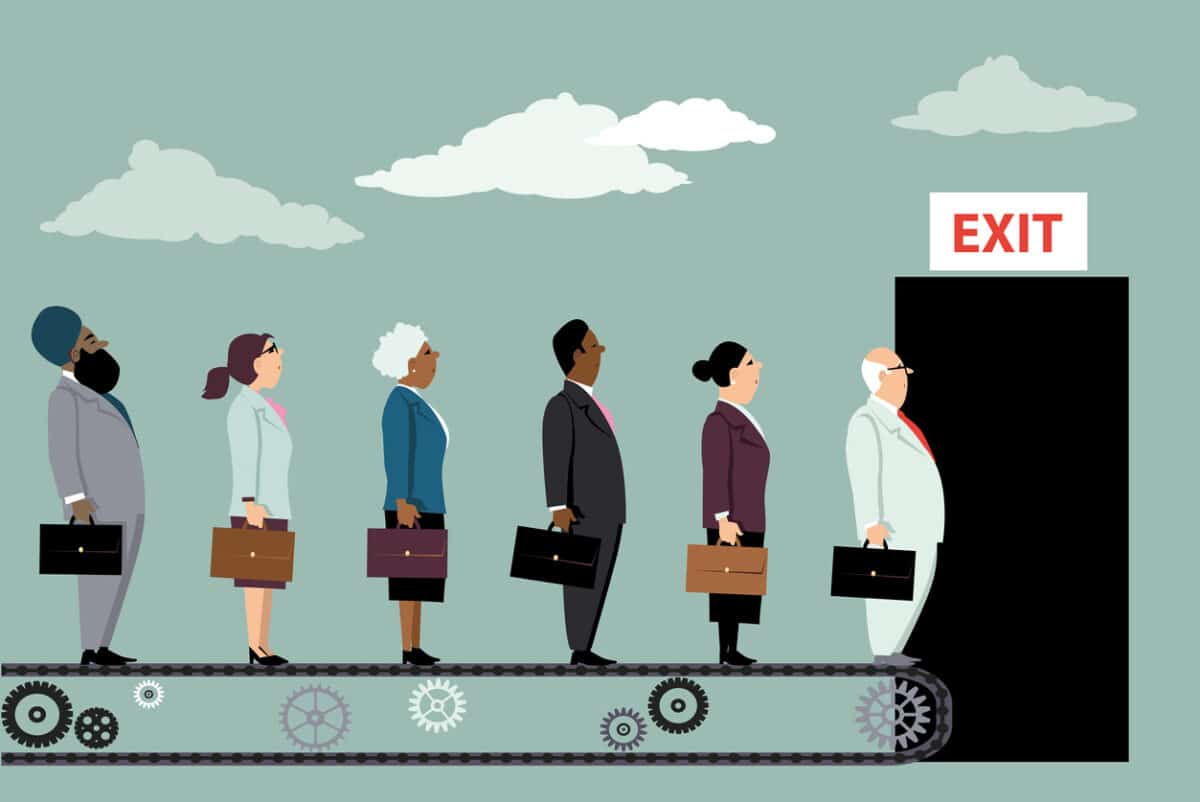The Victorian Government is trialling the provision of five days of sick, and carers’ leave for casual workers. This was announced jointly by the Premier Daniel Andrews and the Minister for Workplace Safety, Ingrid Stitt on the Labour Day public holiday, indicating that this is a big reform and one directly related to occupational health and safety (OHS). But the OHS arguments are not at the fore, regardless of the quote from the Premier that is the headline above.
The OHS context of precarious work has been articulated clearly and over many years by many Australian researchers. The lack of serious action by employers to address the structural causes of physical and psychological risks related to precarity offers a good indication of the values and priorities of business owners and employers.
Into this void, the Victorian Government has stepped. Sadly, it is a mini-step that offers more political benefits than tangible change, especially in an election year.







